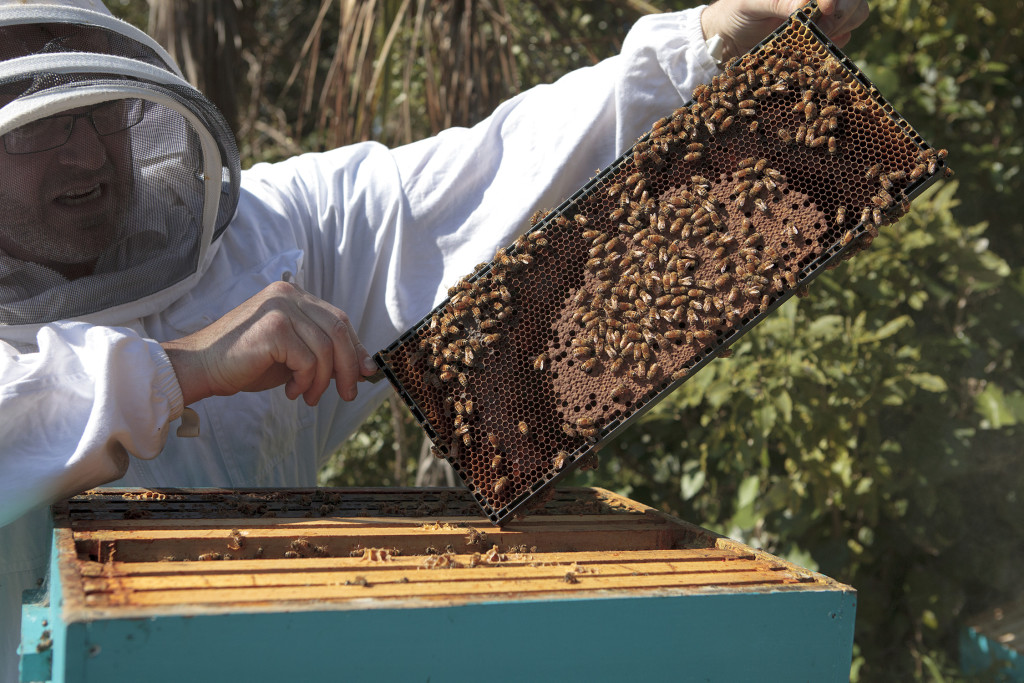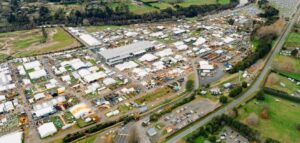School abuzz over mystery of the vanishing queen bee
School children in Newlands are learning a life lesson after their beehive’s queen has died or left, leaving the colony likely to collapse.

Newlands Intermediate School in Wellington is buzzing with change.
The bee colony in the school’s apiscope is under threat because the beehive’s queen has either died or left.
The French-designed apiscope (an inside hive with an outside exit tunnel) allows close observation in the classroom of honeybees by students.
With no queen in the hive no new bees are made to replace the resident bees once they live out their 6-week life span.
No queen means the colony will collapse.
Principal Angela Lowe said the impending collapse was upsetting for the school but one of life’s lessons. “It is a good thing to recognise nature is taking its course … and it is good for the kids to know there are cycles in life.”
The intermediate became the first schools in New Zealand to get an apiscope after it was chosen by visiting French professor Jean Pierre Martin in conjunction with Massey University.
Lowe said in the spring months of October-November the school hopes to acquire a new queen.
“We may need to buy [a queen] or maybe a swarm may find us.”
Asked what it means for students of Room 4 to have an apiscope, student Jesica Clark, 11, said, “lots of people get to look at the bees and see they are not harmful”.
The school has maintained the apiscope since 2014 and also has two outdoor hives supported by student herb, vegetable and flower gardens.
It has an active organic plan in place to control the varroa mite, which has caused widespread decline of honeybees throughout New Zealand.
For student and school bee scientist Elijah Buri-Macleod, 13, working with the bees means having “a good learning experience and get[ting] to see how bees help the environment and how [they] impact the environment”.
Students get to become bee scientists by applying to the principal for a position.
Lowe said the “number one requirement is not to be frightened of [the bees]”.
The school usually harvests some 30-35kgs of honey at summer’s end each year which is sold to their community for a koha (donation).
With two other New Zealand schools in Lower Hutt and Palmerston North earmarked for apiscopes, it is hoped a working relationship will happen to support each other’s beekeeping and bee learning.
- September is Bee Awareness Month.




